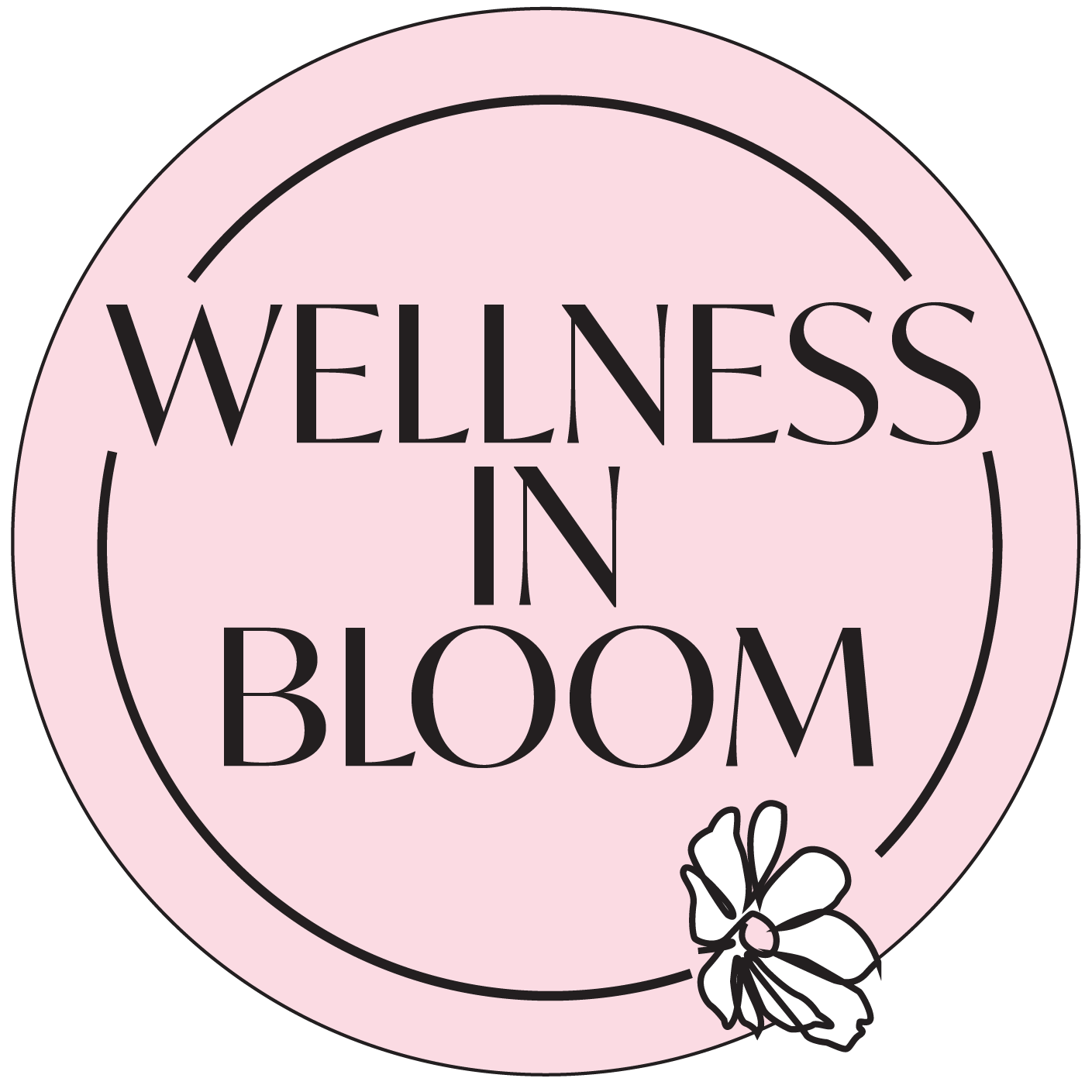In 2019 my father suffered a life altering stroke.
He is a veteran. He served two tours as an officer in the Navy in Viet Nam.
Growing up, he never asked anything of the VA. In fact, it was out of desperation that we ever contacted them for any of his health benefits.
My father only had Medicare Part A when he had his stroke. Don’t ever do this.
You must have Medicare Part B in order to receive supplemental insurance. Meaning if you want to have Blue Cross Blue Shield or any other insurance company help you with anything, you must have Medicare Part B or more. If you have only Medicare Part A, it only covers a little bit of hospital stay.
After consulting with Medicare after his stroke, they advised me the best bet in order to get my father the care he needed would be to set up his healthcare with the VA. (Setting up Part B after having a stroke and getting supplemental insurance was next to impossible.)
So we did. I set up his healthcare services through them and also filed for Agent Orange consideration in the Spring of 2020. If you’re not aware, there are conditions that have been associated with herbicide exposure of Viet Nam veterans, called Agent Orange.
While my father was in Viet Nam, he was exposed to herbicide that has been linked to high blood pressure and many other conditions. The VA provides compensation and benefits. If anyone develops high blood pressure, Type 2 diabetes, and they’re a veteran that came into contact with Agent Orange, they are entitled to compensation.
It has been 3 years of fighting, and my father’s disability benefits have yet to be approved.
Meanwhile, 26 year old full functioning veterans receive compensation. He is 81 years old, can’t move the left side of his body, is completely dependent, and requires 24 hour care.
How is this possible?
What we have received is free healthcare. We do receive therapy for him and medication. We also go to doctors visits that are all free. I’m so thankful for most of these services.
But as thankful as I am, I am also repeatedly horrified.
For all of the good that we have seen with the VA, I have seen horrible things, too.
Here are 3 things I’ve learned as a nurse helping manage my disabled father’s care through the VA.
- I never want to be admitted to the VA hospital (if that was even an option). Nor will I allow my father to be.
In 2021 my father got Covid. After being mistreated at the local hospital where I used to work, we decided to go to the VA ER instead. Boy was that an eye opener.
My father had a fever and could barely get out information. He was weak. Upon entering the VA ER, they would not allow me to be with him, although they kept asking him questions. I asked them how they would get the info they needed unless I was there.
The attitude I received was appalling. It concerned me to watch how they treated me, and my father WITH me at his side. It made me question what type of care they would give him when I wasn’t present.
So we left. And went to another hospital.
We do continue to go to the VA for certain doctor visits. While people there are kind, the amount of waiting that happens in the waiting rooms is disrespectful to those who are disabled, elderly, and have traveled quite a distance. I have met many nice people at the VA, but I have also met many people that I would never trust to be in full care of my father. - The government being in charge of healthcare is a nightmare.
On multiple occasions, I’ve had to wait on the phone for an extended period of time only to be sent to a voicemail. It’s nerve wracking. Especially in situations that are pivotal to care - like running out of anti-seizure medication that you are not supposed to abruptly stop taking.
I’m a fully competent, independent nurse, and for me, it is a challenge. It makes me sad to think about elderly veterans, or elderly spouses trying to do what I’m doing. They likely don’t. There’s a reason I manage the VA aspect to my father’s care and not my mom.
On instances when it is a matter of life and death, we avoid the VA. For many aspects of my father’s care, my parents would rather pay out of pocket than wait months to receive care. Or go to the provider at the VA only to wait for so long in the waiting room.
Imagine if your emergent healthcare needs are managed by the post office. That’s how it feels. - “Thank you for your service,” is a misguided saying.
Growing up, my father never loved that term. Now, I understand why.
Every time we go to the VA hospital someone says that. But, actions speak louder than words.
If you are really thankful for my father’s service, you wouldn’t make receiving benefits a nightmare. You wouldn’t make receiving a claim for disability next to impossible. You would provide more than words, you’d be a version of healthcare that is respectful rather than a nightmare.
Sacrificing your life for your country is a gift that can never be fully repaid. Ever since my father’s stroke, I’ve heard more about his time in Viet Nam than he had ever shared prior. I believe the isolation and struggles my father has gone through have mentally taken him back to horrific experiences he had.
If you want to honor a veteran, advocate for better healthcare and benefits for those elderly veterans who can’t fight for themselves.
If you’re not a veteran, or having to deal with the VA, understand the importance of advocating for yourself or a loved one, no matter the hospital setting. Unfortunately, aging individuals need loud advocates to get the care they deserve. Being the strongest version of you today is what those you love need most.
If you’re struggling, and want to see what I do to prevent disease, click here to join my free facebook group.

%20(1).jpg)
.png)

